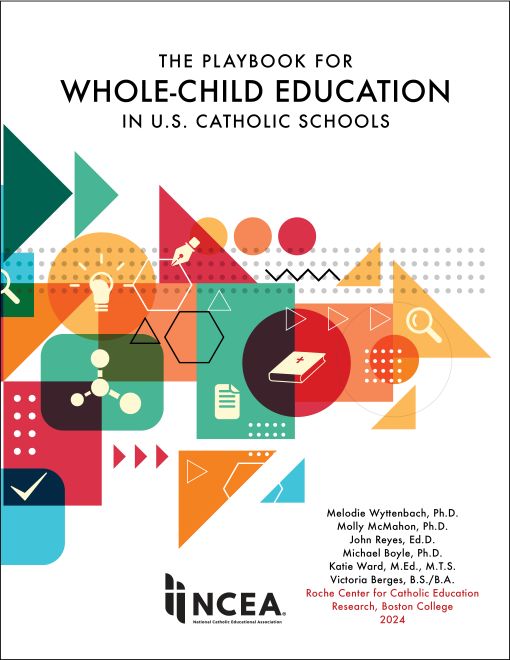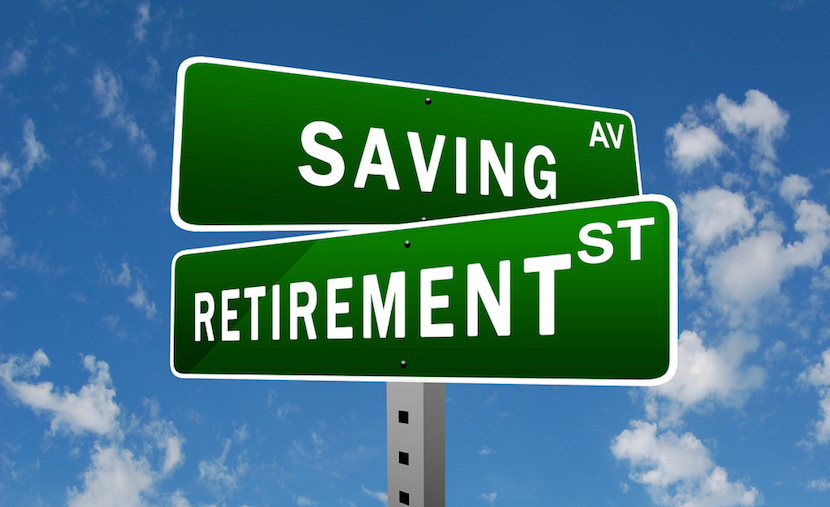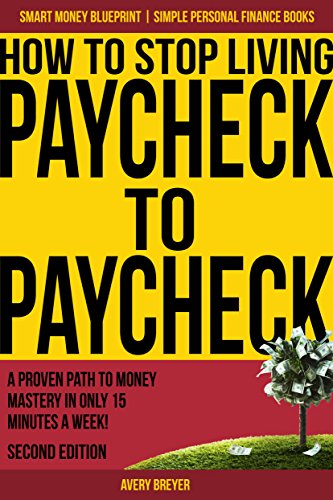It’s been almost a year since I’ve published anything about real estate. Since then, there are 4 great lessons learned in 3 years of Real Estate Investing. I get quite a few emails from people asking how things are...
 It’s been almost a year since I’ve published anything about real estate. Since then, there are 4 great lessons learned in 3 years of Real Estate Investing. I get quite a few emails from people asking how things are going with it and each time, my responses are slightly different. This time, I think I’ll just put it all out there as I normally do. Let’s jump in.
It’s been almost a year since I’ve published anything about real estate. Since then, there are 4 great lessons learned in 3 years of Real Estate Investing. I get quite a few emails from people asking how things are going with it and each time, my responses are slightly different. This time, I think I’ll just put it all out there as I normally do. Let’s jump in.
1. Risk is Necessary for Real Estate Investing
Since the start of BuyMyTimeBack.com, I’ve learned you CANNOT be a punk. You do need to take risks. Building Wealth is not necessarily the easiest thing to accomplish when you’ve got a 9-5 or running a small business. However, you must find your ideal scenario and take calculated risks to get there.
Just recently, I had to take a MAJOR risk when purchasing 2 buildings. They were/are in need of serious repairs and I only had enough investment capital to purchase them. However, I was able to negotiate the timing of the purchase where I can collect 2 month’s rent from the tenants BEFORE my first mortgage payment is due. Now I can use that cash to fix hazards. Sweet!
Lessons Learned
Use time as a tool and negotiate around it to mitigate risk.
2. Good and Bad Investments Are Relative
What I’ve found is that many people have opinions on what a “good investment” is versus a “bad investment”. If you were to take a poll and ask your friends what they thought about a single investment, you will get mixed results. Go ahead and try it. You might be shocked at some of the responses. It’s not that they are right or wrong, it’s either lack of knowledge or the understanding behind this investment in general.
An example would be one of my previous deals. I was purchasing in an area that wasn’t the “greatest” according to other investors I’ve spoken with. Three, in particular, made it VERY clear that they wouldn’t purchase any buildings in that area. Their reason, “there’s nothing out there!”. What they seem to forget was that there are people who need somewhere to live out there. My goal was cashflow, I didn’t care where the buildings were.
Fast forward a few years. Each building is now cash flowing quite well and I am asked about them often by the other investors. Now, they say things like “man, if I can find investments like that, I’d be good!”. To them, it was a very bad investment at first, however, for my goal of Financial Independence, it was gold!
Lessons Learned
Make your investments about your goal and not what the market or someone else’s opinion. If they achieve and/or help you reach your goal, then it IS a good investment. Don’t take my opinion on it… See what I did there? ?
3. Keep Personal and Investment Money Separate
This lesson is one that requires discipline, patience, and a HARD WALL between logic and emotions. It is just as important as knowing the difference between Income vs. Expenses and Assets vs. Liabilities. If you want to get good at investing, you must master or at least be REALLY GOOD at all of them and allowing them to work together. That is why you must separate your investment money from your personal finances. It will provide less anxiety and balance your risk.
When COVID-19 hit many of us either got laid off, hours cut, or projects got stalled or dropped altogether. Being an engineering contractor, I was hit with the hours being cut on a project I was working on. Now I’m worried about my house, family, etc. It really freaked me out a little, however, I had money in other investments that I was planning on rolling over into real estate.
 At this time, I had to make a decision. Hold off on investing and keep that money as a reserve, or stick to the plan. My emotions were leading me to STOP EVERYTHING! However, the logic was clear. This money is for investment! Stay the course! (that was discipline). I fought with that for a while and my patience was running thin with all of the brain racing my emotions were causing. Clearly, there is a lot of potential risks.
At this time, I had to make a decision. Hold off on investing and keep that money as a reserve, or stick to the plan. My emotions were leading me to STOP EVERYTHING! However, the logic was clear. This money is for investment! Stay the course! (that was discipline). I fought with that for a while and my patience was running thin with all of the brain racing my emotions were causing. Clearly, there is a lot of potential risks.
Time to evaluate.
I did have money saved in my personal finances. 3-4 months’ worth of expenses, extra bills like Credit Cards and other loans were either paid off and/or had low minimum payment amounts. This means, personally, I had enough runway to get things together if it all came crashing down. That meant I CAN invest without any harm to my personal finances because my investment money is not tied to finds I need to live on. Sweet!
Lessons Learned
Stick to a financial plan for saving and investing. Keep both plans and money separate so you can operate in each based upon the different scenarios. Stay disciplined and keep your emotions OUT of your investing.
4. Educate Yourself
This is probably the most important lesson of them all. Not only should you be educated on the main purpose of your investments, but the supporting parts as well. One of which is negotiating. You will negotiate with others as well as yourself. Additionally, take time to learn about investing. If I hadn’t, things could have gone VERY wrong.
Lessons Learned
Read: Rich Dad’s Cashflow Quadrant Book and Set for Life – Enjoy Life On Your Terms
Hope this helps!

















